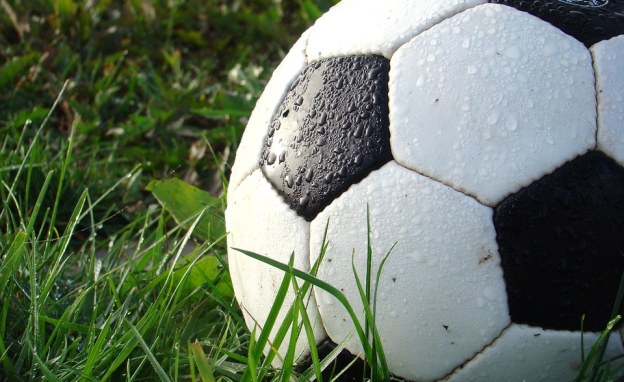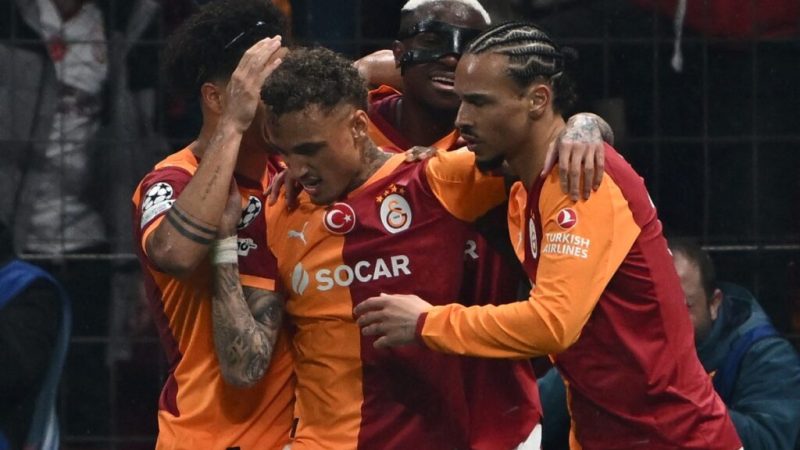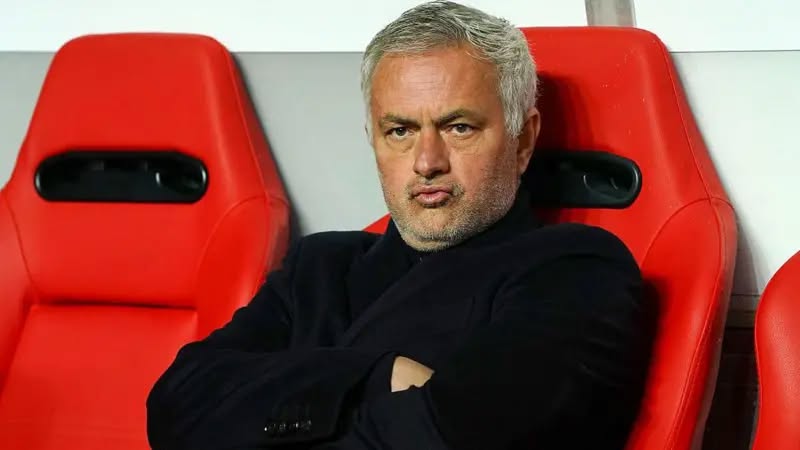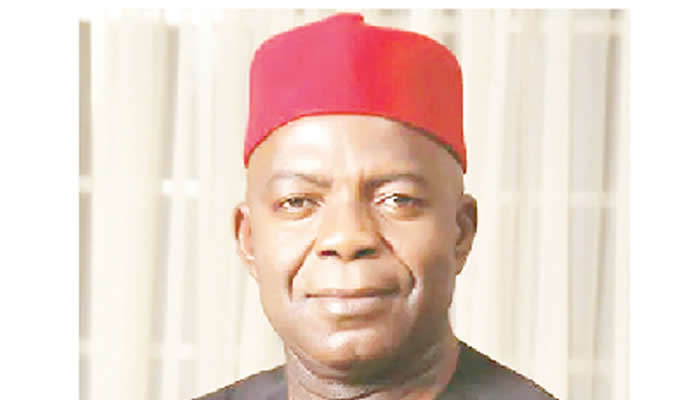With the Women’s World Cup launching this month, FIFA is still siding with corrupt national football federations over women players. Across Africa, wage theft for female players and rampant gender inequality continue to characterize the women’s game.
My national team, the Nigerian women—nicknamed the Super Falcons—are supposed to open the tournament playing host country Australia on July 20. But they are shockingly considering to boycott their first match after the squad were informed they won’t be paid tournament match bonuses, an essential part of their income.
From Nigeria to South Africa, female players are paid significantly less than their male counterparts, and have their wages stolen. The Nigeria Football Federation (NFF) still owes several female players their $1,500 allowance from the 2022 Women’s African Cup of Nations, a regional tournament. In South Africa, female players are paid one-tenth their male peers for the same 90 minutes of play.
Despite these violations of labor rights and non-discrimination rights, FIFA remains a spectator, sitting and watching as its associations violate women’s rights with impunity.
NFF also owed each female player $23,650
At the core of the human rights violations is the problem of unpaid wages. “Can you believe that we are still owed our bonuses?” exclaimed a female player of Nigeria’s Women’s National Football Team, three months after the 2022 WAFCON Championship, to The Punch .
In the 2019 Women’s World Cup in France, each female Nigerian player was only paid half of the approximately $5,300 owed from previous international fixtures. In 2016, following their eighth-time win of the WAFCON championship, the NFF also owed each female player $23,650 .
Meanwhile national football federations receive a vast inflow of revenue towards the running costs of their national teams. As a member association of FIFA, the NFF receives up to $1 million annually from the FIFA Forward Programme to fund operating costs, including costs for the national teams. In addition, the Programme grants each member an extra contribution of up to $2 million specifically to cover the costs of projects to develop women’s football.
A discrepancy exists between the funding of women’s football and the shortage of funds for both training and salaries of female players. This discrepancy suggests national federations misappropriate the grants that FIFA distributes through them. Sahara Reporters stated that since the former NFF president Amaju Pinnick’s era began in Nigeria in 2004, “financial discrepancies, misappropriation,” and “diversion of money” have been “the order of the day in the operations of the NFF”.
Worsening this chronic problem of wage theft is the problem of gender inequality. South Africa’s President Cyril Ramaphosa’s call for pay parity after the Women’s National Team win at the WAFCON 2022 was a wake-up call to FIFA to rectify the problem of pay disparity in African football.
Women players in the US and Australia have won equal pay after years of law suits and battles, but this trend is yet to extend into Africa. South Africa’s Times Live reported that while Banyana Banyana, South Africa’s Women’s National Team, receive around $338 in a match for a win, the male Bafana Bafana players receive as much as $4,000 for a win.
The same inequality is present in Nigeria where the women players receive around $3,000 for a win at major tournaments while the male players receive up to $10,000.
None of the highest-paid women footballers in the world are African players. Sam Kerr, the Australian footballer, who tops the 2023 list of highest paid female footballers with an annual income of around $510,859 , is still about 346 times less than Cristiano Ronaldo, the highest-paid male footballer earning $177 million .
Nevertheless, freedom from discrimination and pay equity for equal work are inalienable human rights. Failing to rectify these clear violations of labor rights and equality rights betrays fifty percent of the population in Africa. Thus, FIFA is violating the provisions enshrined in the UN Guiding Principles on Business and Human Rights , which FIFA explicitly adopted since 2016.
FIFA must recognize, respect, and protect human rights by demanding accountability and transparency from national federations. A good start would be appointing qualified women football players into leadership positions, and ensuring earmarked development money goes to benefit the women’s game—not greedy male federation leaders.
To live up to its human rights and women’s rights’ obligations, FIFA must use this Women’s World Cup as a long overdue moment to kick away gender inequality and wage theft in women’s football.
Promise Joshua is graduate of Columbia University’s School of International and Public Affairs (SIPA) and The London School of Economics, who is researching women’s rights and equity in sport.





